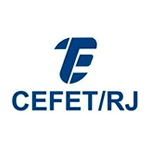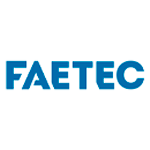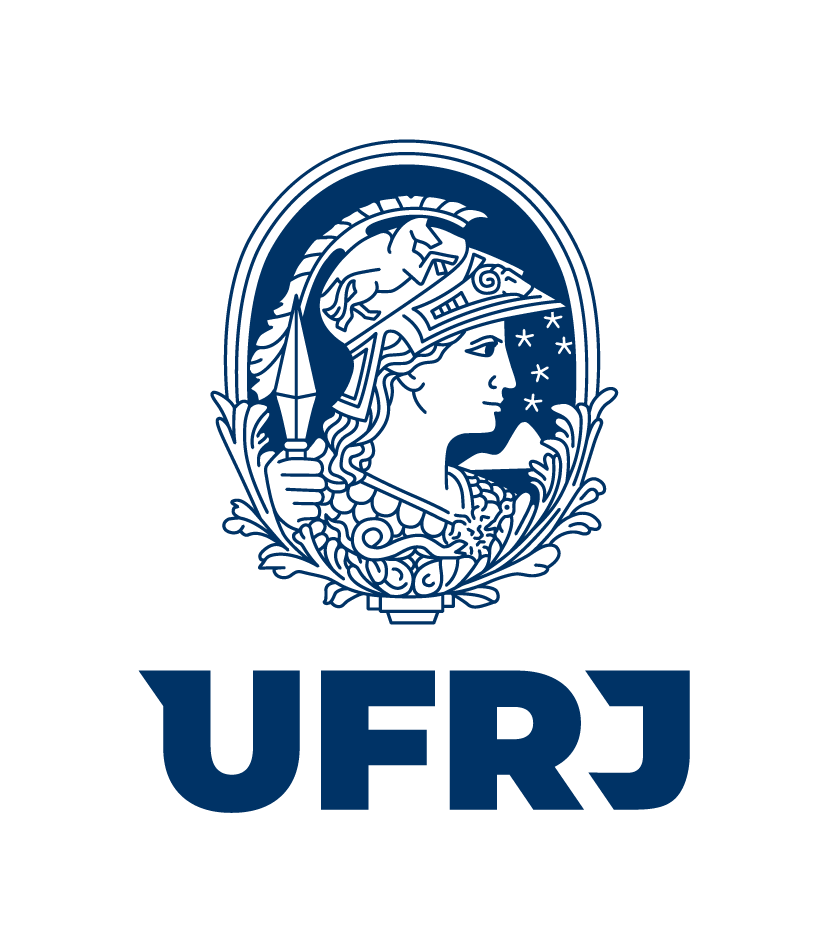Feedback e Gamificação em Educação Online
DOI:
https://doi.org/10.18264/eadf.v11i1.1227Resumo
A gamificação tem vindo a adquirir importância em diversas áreas, nomeadamente em Educação. Com este artigo pretende-se dar a conhecer um sistema gamificado em Educação Online e qual a perspetiva dos estudantes sobre os vários tipos de feedback utilizados. O estudo incidiu sobre duas unidades curriculares semestrais, ambas sujeitas a um desenho gamificado com diversos elementos de jogo como forma de feedback relativo a diversas atividades e em variados momentos: pontos, badges, tabelas de desempenho e leaderboard. A recolha de dados sobre a perceção dos estudantes foi realizada através de observação, questionário e entrevistas. Os resultados apontam para a importância dos vários tipos de feedback, sendo relevante a sua distribuição permanente ao longo do tempo.
Palavras-chave: Gamificação. Educação online. Feedback.
Downloads
Referências
ANDERSON, T. Toward a theory of online learning. Foundations of educational theory for online learning. In: T. Anderson & F. Elloumi (Ed.). Theory and practice of online learning. Canada: Athabasca University, 2004, p. 33-60.
ANDERSON, T. The Theory and Practice of Online Learning. 2 ed. Edmonton: Athabasca University, 2008.
ANDERSON, T. Three Generations of Distance Education Pedagogy. International Review of Research in Open and Distance Learning, v. 12, n. 3, p. 80-97, 2011.
ANDERSON, T.; SHATTUCK, J. Design-Based Research: A decade of progress in education research? Educational Researcher, v. 41, n. 1, p. 16-25, 2012.
ALLY, M. (2004). Foundations of educational theory for online learning. In: T. Anderson & F. Elloumi (Ed.). Theory and practice of online learning. Canada: Athabasca University, 2004, p. 3-31.
ANTIN, J.; CHURCHILL, E. F. Badges in social media: A social psychological perspective. In: CHI 2011, May 7–12, 2011, Vancouver, BC, Canada. Disponível em: http://gamification-research.org/wp-content/uploads/2011/04/03-Antin-Churchill.pdf.
ASTROM, K. J.; MURRAY, R. M. Feedback Systems: an introduction for scientists and engineers. New Jersey: Princeton University Press, 2008.
BARDIN, L. Análise de Conteúdo. Lisboa: Edições 70, 1977.
BATES, A. W. Technology, e-learning and distance education. 2 ed. Oxon: Taylor & Francis, 2005.
BOBER, M. Games-based experiences for learning. Futurelab, innovation in education, 2010. Disponível em: https://www.nfer.ac.uk/media/1775/futl11.pdf.
BURGOS, D. et al. Game-based learning and the role of feedback: a case study. Journal Advanced Technology for Learning, v. 4, n. 4, p. 188-193, 2007.
FARDO, M.L. A gamificação aplicada em ambientes de aprendizagem. Novas Tecnologias na Educação, v. 11, n. 1, p. 1-9, 2013. DOI: https://doi.org/10.22456/1679-1916.41629
GOMES, C.; PEREIRA, A.; NOBRE, A. (2018). Gamificação no ensino superior online: dois exemplos. Lisboa: Universidade Aberta, 2018.
HAMARI, J.; KOIVISTO, J.; SARSA, H. (2014). Does Gamification Work? – A literature Review of Empirical Studies on Gamification. In: 47th Hawaii International Conference on System Science, pp. 3025-3034. IEEE Computer Society Waikoloa, HI, USA, 2014. DOI: 10.1109/HICSS.2014.377
HARASIM, L. Online Education. In: T. M. Harrison, & T. Stephen (Eds.). Computer Networking and Scholarly Communication in the Twenty-First-Century University. New York: State University of New York Press, 1996, p. 203-214.
HARASIM, L. Shift happens. Online education as a new paradigm in learning. The Internet and Higher Education, v. 3, n. 1, p. 41-61, 2000.
HATTIE, J. Feedback in schools. In: Sutton, R., Hornsey, M.J., & Douglas, K.M. (Eds.). Feedback: The communication of praise, criticism, and advice. New York: Peter Lang Publishing, 2011, p. 1-14.
HATTIE, J.; TIMPERLEY, H. The power of feedback. Review of Educational Research, v. 77, n. 1, p. 81-112, 2007.
JOHNSON, L. et al. NMC Horizon Report: 2013 Higher Education Edition. Austin, Texas: The New Media Consortium, 2013. Disponível em: https://www.nmc.org/publication/nmc-horizon-report-2013-higher-education-edition/
KAPP, K. M. The gamification of learning and instruction: game-based methods and strategies for training and education. San Francisco: John Wiley & Sons, 2012.
LEE, J. J.; HAMMER, J. Gamification in Education: What, How, Why Bother? Academic Exchange Quarterly, v. 15, n. 2, 2011.
MOORE, J. L.; DICKSON-DEANE, C.; GALYEN, K. e-Learning, online learning, and distance learning environments: Are they the same? Internet and Higher Education, v. 14, p. 129-135, 2011.
MORY, E. H. Feedback research revisited. In: D. H. Jonassen (Ed.). Handbook of research on educational communications and technology. Mahwah, NJ, US: Lawrence Erlbaum Associates Publishers, 2004, p. 745-783.
MUNTEAN, C. I. Raising engagement in e-learning through gamification. In: 6th International Conference on Virtual Learning ICVL, 2011. Disponível em: http://www.icvl.eu/2011/disc/icvl/documente/pdf/met/ICVL_ModelsAndMethodologies_paper42.pdf.
OGAWA, A.; KLOCK, A. C.; GASPARINI, I. (2016). Avaliação da gamificação na área educacional: um mapeamento sistemático. In: V Congresso Brasileiro de Informática na Educação, 2016, Uberlândia. Anais eletrónicos XXVII Simpósio Brasileiro de Informática na Educação, Uberlândia, MG, Brasil, pp. 440-449. Disponível em: https://www.br-ie.org/pub/index.php/sbie/article/view/6725
ORTIZ-COLÓN, A.M.; JORDíN, J.; AGREDAL, M. Gamificación en educación: una panorámica sobre el estado de la cuestión. Educ. Pesqui., São Paulo, v. 44, p. 1-17, 2018. Disponível em: http://dx.doi.org/10.1590/s1678-4634201844173773
PALLOFF, R. M.; PRATT, K. Building Communities in Cyberspace. San Franscisco: Jossey-Bass Publishers, 1999.
SAILER, M. et al.How gamification motivates: An experimental study of the effects of specific game design elements on psychological need satisfaction. Computers in Human Behavior, v. 69, p. 371-380, 2017.
STOTT, A.; NEUSTAEDTER, C. Analysis of gamification in education. Technical Report 2013-0422-01, Connections Lab, Simon Fraser University, Surrey, BC, Canada, 2013. Disponível em: http://clab.iat.sfu.ca/pubs/Stott-Gamification.pdf.
THURLINGS, M. et al. Understanding feedback: A learning theory perspective. Educational Research Review, v. 9, p. 1-15, 2013.
NARCISS, S. (2008) Feedback Strategies for Interactive Learning Tasks. In: J.M. Spector, M.D. Merrill, J.J.G. van Merrienboer, M.P. Driscoll (Eds). Handbook of Research on Educational Communications and Technology. 3 ed. Mahaw, NJ: Lawrence Erlbaum, 2008, pp. 125-144.
VARGAS-ENRíQUEZ, J. et al. Análisis de uso de la gamificación en la ensenãnza de la informática. In: XXI Jornadas de la Ensenãnza, 2015, Andorra La Vella, pp. 105-112.
WERBACH, K.; HUNTER, D. For the win - how game thinking can revolutionize your business. Philadelphia: Wharton Digital Press, 2012.
ZICHERMANN, G.; CUNNINGHAM, C. Gamification by design: Implementing game mechanics in web and mobile apps. Canada: O´Reilly, 2011.
Downloads
Publicado
Como Citar
Edição
Seção
Licença
Copyright (c) 2021 EaD em Foco

Este trabalho está licenciado sob uma licença Creative Commons Attribution 4.0 International License.
Todos os artigos publicados na Revista EaD em Foco recebem a licença Creative Commons - Atribuição 4.0 Internacional (CC BY 4.0). Todas as publicações subsequentes, completas ou parciais, deverão ser feitas com o reconhecimento, nas citações, da Revista EaD em Foco como a editora original do artigo.













